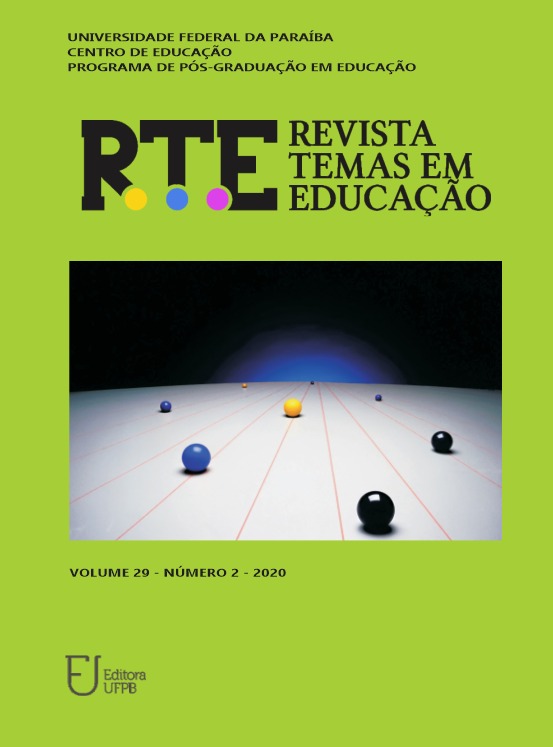HISTORICAL PATHS OF MUSEUM RECONFIGURATIONS: MEETING WITH DECOLONIAL EDUCATION
HISTORICAL PATHS OF MUSEUM RECONFIGURATIONS: MEETING WITH DECOLONIAL EDUCATION
DOI:
https://doi.org/10.22478/ufpb.2359-7003.2020v29n2.51696Keywords:
Museum, Decolonizing, Afro-Brazilian cultureAbstract
The purpose of this article is to follow the paradigm shift and social perception since the early museums and their Eurocentric and collector aspects, distant from the present plurality, until discussions about its relevance as a public space representation of Afro-Brazilian culture and its decolonizing role as non-formal learning space that may be lost in the conservative anachronism under a structure which does not dialogue with the subjects as it proposes. The research is based on a method of narrative literature reviews, regarding authors from the history of museology, Afro-Brazilian cultural identity and heritage education. As result, this study made it possible to identify reflections for a reconfiguration of the museum spaces that allows, whenever critically conceived, to have in its transformative potential an opportunity to repair gaps in history through actions due to visibility of a cultural diversity that truly represents the society of its time.
Downloads
Downloads
Published
How to Cite
Issue
Section
License
Authors who publish in this journal agree to the following terms:
. Authors retain the copyright and grant the journal the right to first publication, with the work simultaneously licensed under the Licença Creative Commons Attribution that allows the sharing of the work with acknowledgment of authorship and initial publication in this magazine. . Authors are authorized to assume additional contracts separately, for non-exclusive distribution of the version of the work published in this journal (eg, publishing in institutional repository or as a book chapter), with acknowledgment of authorship and initial publication in this journal.
. Authors are permitted and encouraged to publish and distribute their work online (eg in institutional repositories or on their personal page) at any point before or during the editorial process, as this can generate productive changes, as well as increase impact and citation of the published work (See O Efeito do Acesso Livre).



















